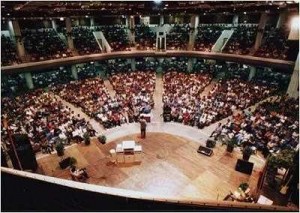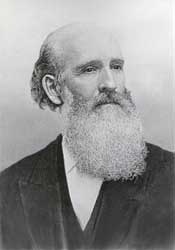 The people of God were required to refrain from work (have a Sabbath) while the priest was performing his duties in the Sanctuary on the Day of Atonement. This command is found at Leviticus 16:29, 31, Leviticus 23:28, 30, 31. Just like on the 7th day Sabbath, the people of God were to set aside all work. They were to be involved in a total disengagement from the present world. Here the people of God had a special Sabbath to keep. They must set aside their daily regular work. It is a time to place God and the interests of spiritual things in the forefront. To do this, one must totally set aside all other things.
The people of God were required to refrain from work (have a Sabbath) while the priest was performing his duties in the Sanctuary on the Day of Atonement. This command is found at Leviticus 16:29, 31, Leviticus 23:28, 30, 31. Just like on the 7th day Sabbath, the people of God were to set aside all work. They were to be involved in a total disengagement from the present world. Here the people of God had a special Sabbath to keep. They must set aside their daily regular work. It is a time to place God and the interests of spiritual things in the forefront. To do this, one must totally set aside all other things.
Anti-Type Sanctuary Sabbath
Now in the anti-typical Day of Atonement, we cannot totally and fully rest from all work, but there is something in this command that is of interest. First, at this time, we note that there is a predicted revival of the Sabbath in Isaiah 58. This predicted revival of the Sabbath is also alluded to in Revelation 14:7 as the fourth commandment (Sabbath) is quoted. During the Day of Atonement, we have a revival of Sabbath interest and we as Sabbatarians have the job of preaching and teaching this important truth in these last days.
But more than that, Hebrews 4 reminds us that the Sabbath rest must be totally and completely internalized in the Christian. We are to have a life of Rest. A life where we rest in the work of Christ on our behalf.
Finally, we live all of our days placing God and eternal interests at the top of all that we do. As our heavenly High Priest does His important work in the Sanctuary above, let us live so that we will not be overtaken by the cares of this life, but place God above all things (Luke 21:34-36). Let us have a Sabbath Reform that is informed by the Sanctuary service.





